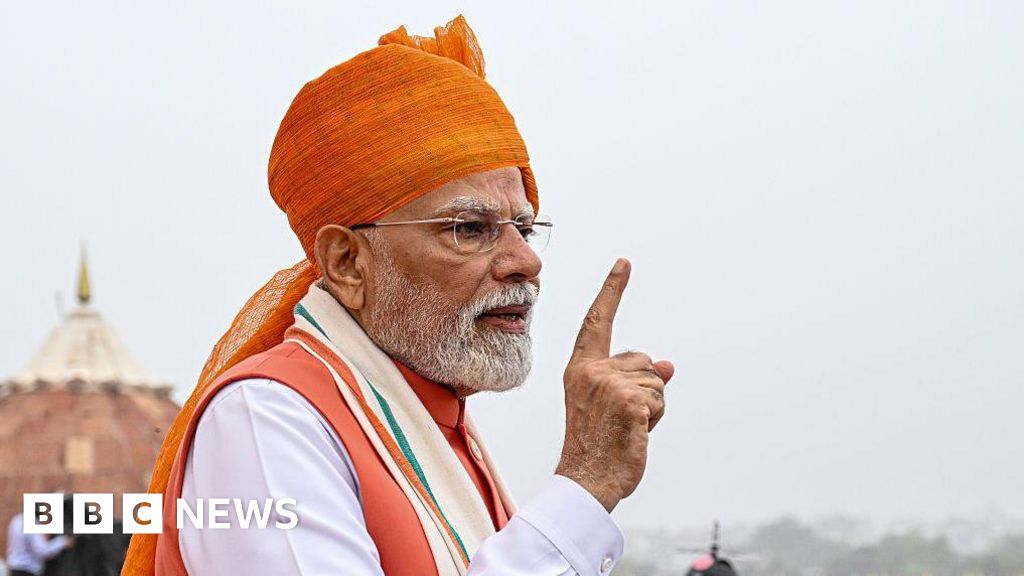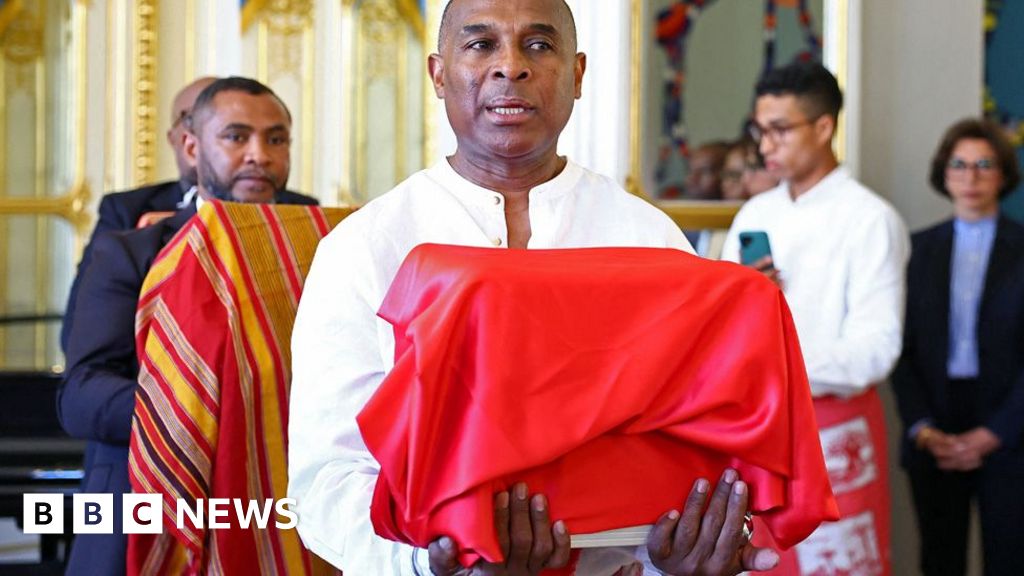In India, a nation defined by its linguistic diversity, the debate surrounding the promotion of Hindi has ignited a fierce political struggle. Prime Minister Narendra Modi's latest initiative to adopt Hindi nationwide as a unifying language has prompted outrage among various states, who perceive it as a threat to their unique cultural identities.
Maharashtra's government, although led by Modi's ruling party, recently rescinded a policy mandating Hindi instruction in elementary schools amidst mounting protests. Opponents, including influential regional leaders, contend that the imposition of Hindi undermines the Marathi language, crucial to their heritage.
In Tamil Nadu, the situation escalated when the chief minister vocally opposed the central government's Hindi education policy, arguing it forces students to learn a language at the expense of regional identities. The state even filed a lawsuit against the central government to prevent withholding of educational funds linked to compliance with the Hindi directive.
Activists are echoing concerns regarding the adverse effects of promoting one language over others in a country rich in linguistic variations. "It is common sense that pushing any one language will harm the national integration and unity of a linguistically diverse nation like India," stated Niranjanaradhya V.P., an education activist emphasizing the need for preserving all languages.
Despite these tensions, government officials are attempting to portray the promotion of linguistic unity as a strength. They argue that their aim is to reduce the influence of English as a vestige of colonialism, instead championing Hindi's place in a new national identity.
This ongoing conflict over language not only reflects the complexities of India's cultural landscape but also underscores the delicate balance between national unity and regional pride in the world's second-most populous country.





















